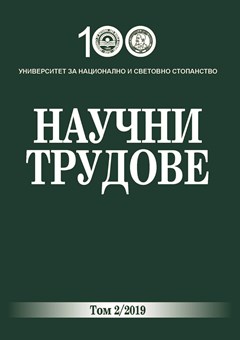Cooperation in Contemporary Capitalism: Significant Factors that Uncover Why Embodied Cooperation Among Migrant Nightshift Workers is Weakened
Автор: Julius-Cezar MacQuarie
Резюме
London’s 24/7 rhythms throb with lives of nocturnal workers. The Sleepless Bats, whose nocturnal lives I have studied are bio-automatons remote from co-operating or from supporting each other in solidarity. Migrant night shift workers do something together but not with one another. Night shift workers survive precariousness because they are immune to co-workers’ needs, and not because they offer each other mutual support out of humanness. Through the analytical lens of learned bodily knowledge, the study interrogated the modes of the embodiment that over time enhance night workers’ social life skills. The becoming of embodied cooperation not only involves routinised, rhythmic practices ingrained in the body through repetitive, physical tasks, but also physical gestures that build social relations amongst workers who learn to engage meaningfully in dealing with ambiguity, resistance and difference. The relevant aspects of embodied forms of interaction investigated involve workers’ trajectories being disrupted from naturally cooperative to socially competitive.
JEL: Z130

